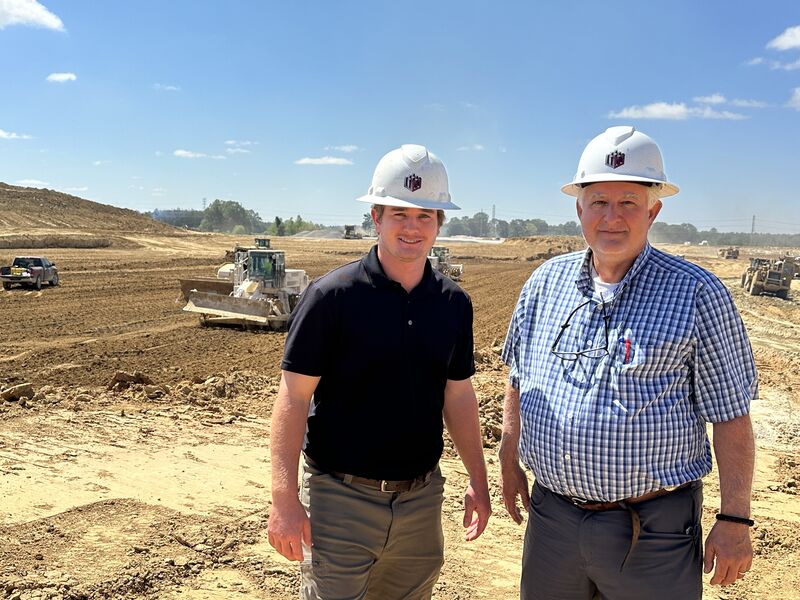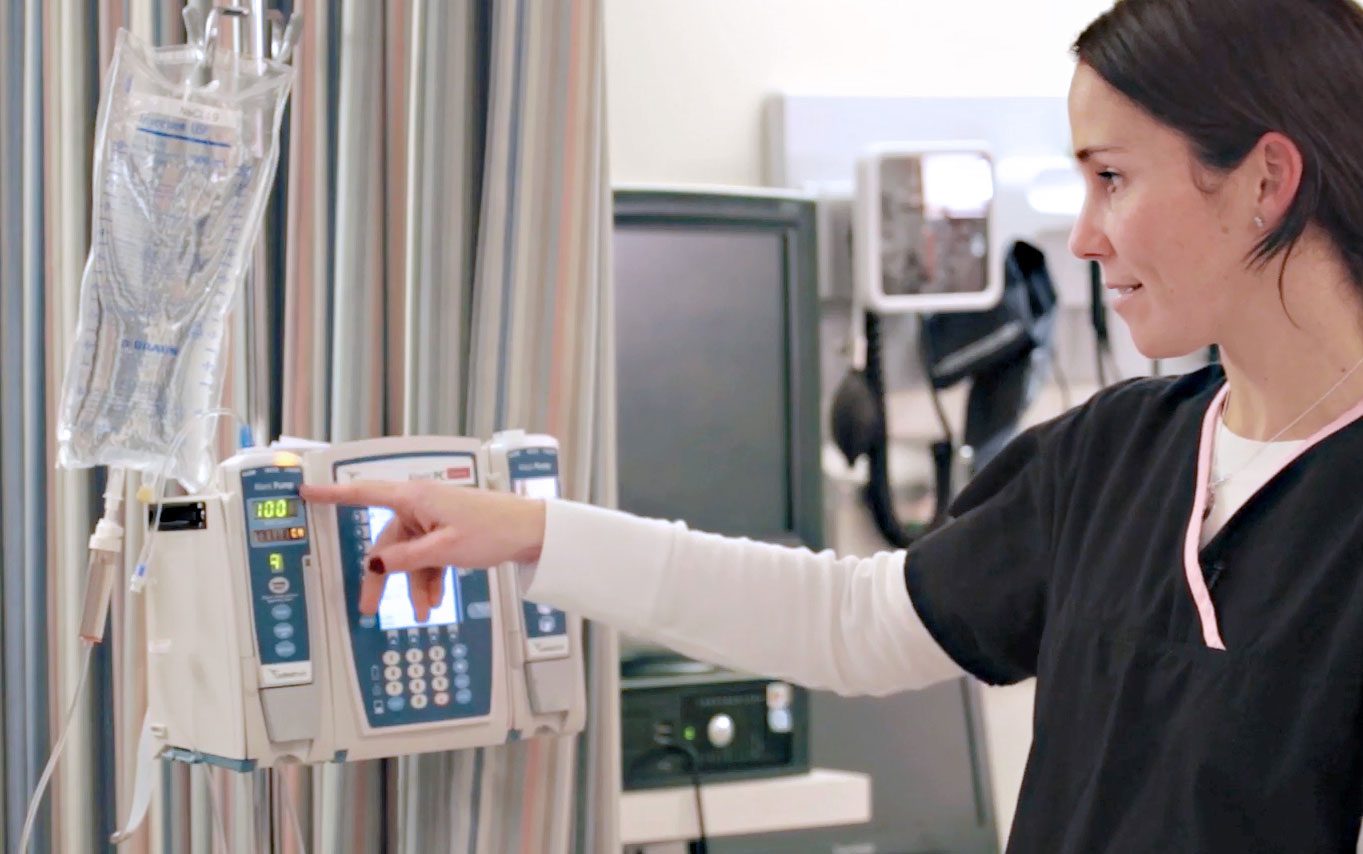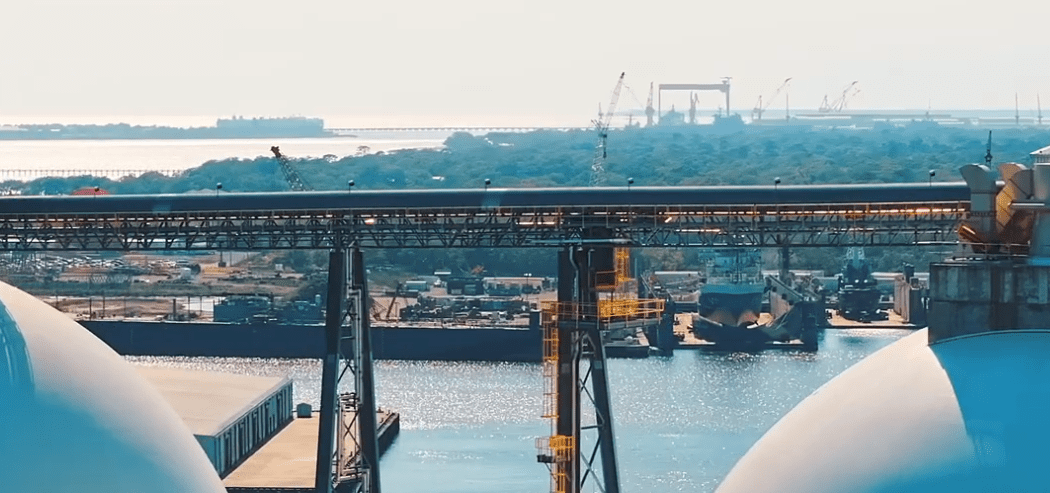
- This third part of an in-depth analysis of the construction industry in Mississippi focuses on Civil Engineer Chad Wages.
Months before Amazon Web Services (AWS) announced its $10 billion investment in two data center campuses in Madison County, Chad Wages was turning dirt on both sites, having wrapped up civil engineering work on the Clark Beverage project at the Madison County Mega Site with Birdsong Construction and Southern Rock.
Wages was busily taking AWS design consultants’ plans, reducing them to a mass earthwork simpler format, handling bidding through the Madison County Economic Development Authority (MCEDA), providing onsite construction administration services, and coordinating geotechnical testing and environmental/stormwater permitting.
Wages chatted with Magnolia Tribune about his storied career, and more to come.
What initially attracted you to the construction industry?
My father, Jerry A. Wages, a 1966 Mississippi State (University) civil engineering graduate, took me to job sites at an incredibly young age. We built a good portion of the house I grew up in, and anything else needed around our place. I have always loved building things. You can say it’s in my blood.
You’ve been involved in the state’s greatest economic development projects – Nissan, the Nissan expansion, and now AWS. How have you positioned yourself for these assignments?
Simply stated, I’ve been blessed. A more detailed answer comes from being taught to work at a young age.
As a teenager, I was thrust into the world of full-time work during the summers, with no choice but to immerse myself in the construction industry. Starting at 16, I worked alongside my father at the company he worked for, taking on various tasks, such as cleaning offices and maintaining grounds. By 18, I was loading materials and equipment for shipment to job sites.
Even after high school, I continued to gain valuable experience by working on bridge projects while attending Jackson County Junior College. My time with Dement Construction allowed me to get hands-on experience in concrete formwork and steel tying, while contributing to the Interstate I-10 extension.
Operating a Lull forklift during my second summer job further expanded my skills in the industry. Working for Boh Brothers Construction on the U.S. Navy homeport bridge provided me with a challenging yet rewarding experience of working long hours alongside dedicated professionals.
These summers of rigorous labor, working 10 to 14 hours, six days a week, not only shaped my work ethic, but also taught me invaluable lessons about construction and its intricate processes. From cleaning offices to operating heavy machinery, each task has contributed to my understanding of what it truly takes to move forward in the construction engineering industry.
Also, I was taught responsibility as the oldest of five, whether I liked it or not! My parents, Jerry and Ellen Wages, a schoolteacher, taught me to respect my elders and the value of learning. As I entered my engineering career, I gravitated to older engineers with vast teaching skills to guide me.
As a young engineer, I worked with the Mississippi Development Authority (MDA) through a local engineering company. During that time, I developed a strong ability to effectively communicate complex plans and proposals for infrastructure projects (anticipated) for economic development initiatives in a way that site consultants appreciated.
As a result, this knack for clear communication has proven invaluable in fostering successful collaborations and garnering support for crucial infrastructure developments. MDA began to have me make presentations on projects they were working on. I owe a lot to Jay Moon and Harry Gibbs, who were with MDA at that time, for the faith they had in me and the encouragement they gave me.
When Nissan came along, I had just completed a project for MDA on the same site, so we were ahead of the game when it came time to present to Nissan officials and consultants. From there, it was answering questions and bringing back solid solutions. We had a talented team; I didn’t do it alone. Once Nissan picked Mississippi for their site, MDA asked me to manage the infrastructure portion of the project. I worked alongside project director Buzz Canup, who taught me so many things about managing large economic development projects. He was a great mentor. I wish he were still here to see what his mentorship has developed into.
Could you give us a comparison of bringing in Nissan v AWS?
The Nissan v. AWS comparison carries many similarities. Nissan, a Japanese company, had a tremendous American team. They had been in Smyrna, Tenn., for many years and had experience working in the states. They had questions and concerns since Mississippi had never done a project of that magnitude. With that project, Mississippi showed it could make a commitment and deliver, and I’m proud to have played a role in Nissan North America.
AWS is an American company with a tremendous team as well. They have more divisions of responsibility throughout the process, but they know what they want and have been great to work with.
Wages Civil LLC participates in various projects supporting economic development. Could you expound on this facet of your work?
Economic development isn’t a typical civil engineering focus. Civil engineering plays an extensive role in economic development, but civil engineers don’t typically drive the train. In 30-plus years, I’ve been fortunate to have developed a reputation for understanding the prospects’ needs and developing a scope of improvements to meet those needs. The key to landing a project is the timeliness of your response and your ability to present your proposal with confidence in both the functionality and ability to meet a schedule.
How many mega sites or shovel-ready sites have you helped develop?
In my career, I’ve developed the Nissan site, led the Toyota infrastructure implementation, been the lead engineer for MCEDA on the Madison County Mega Site, and worked for TVA reviewing a site, giving recommendations on issues the state needed to address to attract an automotive manufacturer. I’ve developed industrial parks in Itawamba County, Union County, and Tunica County (Tunica Mega Site) and worked with the team that landed Continental Tire. I was one of the first engineers to perform preliminary due diligence on the State of Tennessee Mega Site in Stanton, Tenn., where the Ford Blue Oval plant is being constructed.
Last July, you established Wages Civil LLC, a civil engineering consulting firm based in Canton, with a staff of four. Within a year, your staff had grown to 18. Did you have difficulty recruiting many positions in a brief time frame?
We’re extremely fortunate with the staff we’ve been able to build so quickly. Most recruits were found through people or companies we worked with over the past few years in different capacities. We’ve come across people who were looking for a change. We’ve used a recruiter to find recent staff. Unfortunately, I haven’t been too successful in finding people locally; I have an old-school work ethic. Do it right and on time, and sometimes that comes across as hard to work with, yet our reputation defines our firm. I enjoy telling potential employees to watch John Wayne in the movie “The Cowboys,” which should give them an idea of what it’ll be like here: fast, furious, and tough, but the rewards of working on projects like AWS are the payoff for an engineer. Not everyone gets that kind of opportunity. Nothing in life comes free and you cannot just sit back, watch, and consider yourself a part of it. Our motto is “making it happen.”
Your son, Chad, joined Wages Civil on July 1 as a construction inspector and survey support. Tell us about your family.
In March 2001, Chad was just 10 months old, riding in my truck through the Nissan construction site, learning all the equipment. He got his CDL (commercial driver’s license) and worked for Southern Rock, driving lime trucks and then lowboys. I needed a full-time man on this site in Ridgeland and now I have one. He wasn’t given a position; he earned one. He reports to my field engineer. He still has a lot to learn, and there’s no better place to learn it than in the dirt! Success is earned, not given. I’m so proud to be able to show him the value of excellent work, as my father did with me on his job sites.
I’ve been married for 10 years to Karla Kennedy Wages, the bedrock for me in support and tolerating never seeing me. I leave early and get home late, but she is invested and supports me 100 percent.
I have four children, two stepchildren and five grandchildren. My oldest, Sara Ann Fisher, is a civil engineer, currently a stay-at-home mom. She and her husband live in Athens, Ala., and are expecting their second daughter. Chad Marshall Wages and his wife live in Madison and have a daughter. My daughter, Virginia Ellen Wages, lives in Tupelo and is working toward her real estate license. My youngest, Ava Dene Wages, just started her junior year at the University of Southern Mississippi and worked for me this summer, keeping up with daily construction reports and photos.
My stepson, Zack Byrd, has a lawn care business and will be working for me soon part-time and learning CADD skills. My stepdaughter, Suzy Carlisle, lives in Gautier with two children.
All my children work. I taught them as I was taught, and I know there are stories of how much they hated it, but I think they’ll all admit that, after entering the workforce, they now understand why I pushed and continue to push them so hard.
#####











